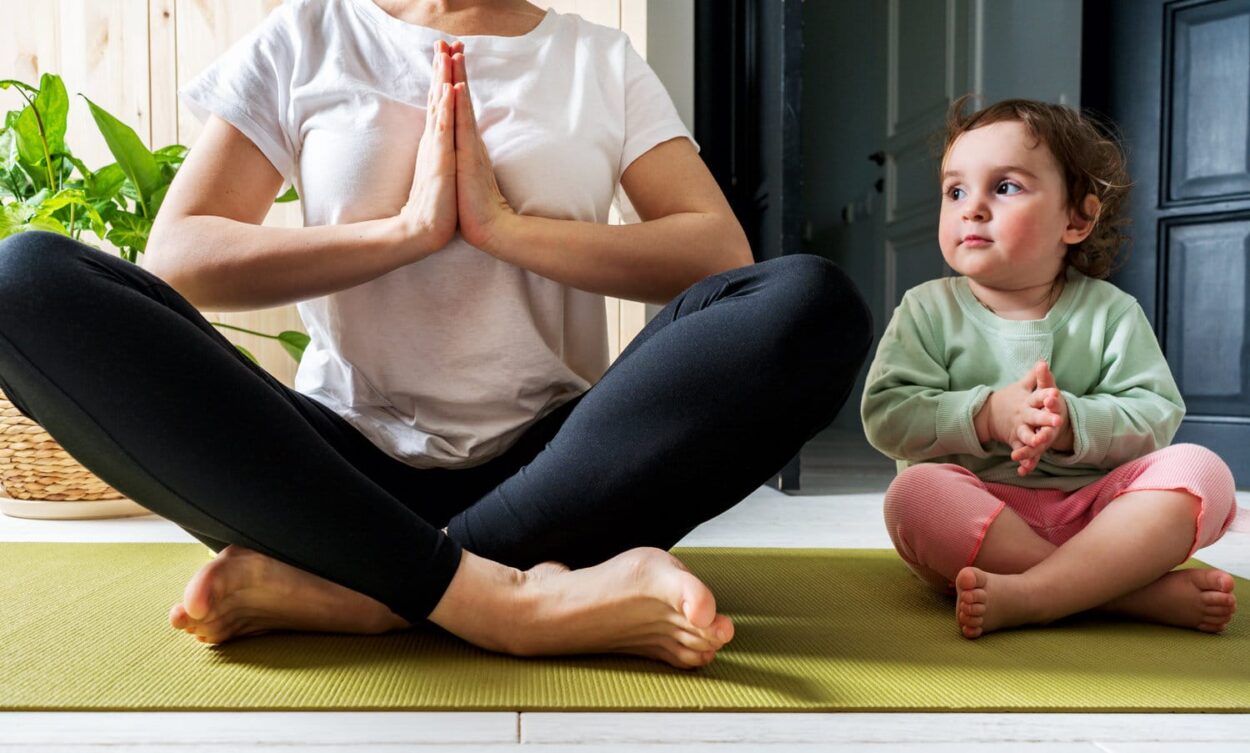Jasmine Birtles
Your money-making expert. Financial journalist, TV and radio personality.

Lockdown is a hard time for everyone, but one good thing about working remotely and non-essential outlets remaining closed is we’re saving money we’d have otherwise spent. The Institute of Fiscal Studies (IFS) deemed this concept “forced savings”. They estimate that UK households normally allocate a quarter of their spending to things now unaccessible or discouraged due to lockdown.
Things like grabbing a coffee on your commute, buying lunch out, or going for a couple of after work drinks don’t seem like big expenditures but now the choice has been taken away from us, our wallets are grateful for it.

Some of the main things you might be saving on in lockdown include food, transport, evenings out, exercise, and fewer barista coffees. It’s much easier to resist temptation to buy or treat yourself when the option isn’t available to you.
You can expect for your grocery shop to be slightly more expensive than usual at the moment as you’re eating fewer meals out of the house. Tesco has reported that shoppers are spending 7.2% more than in the same period last year, suggesting that people are shopping less often but buying more.
Cutting out takeaways, which the average person spends £25 on a month, in preference for home cooked meals is a big saver. Working from home also forces you to make your own lunches and coffees, by doing this you’re saving at least £20 a week!
Despite a smaller increase in your big shop, around £30 a month, forced lifestyle changes caused by lockdown can save you £75 a month.
Commuting is the biggest cost you can be saving on. In London, a monthly Oyster pass sets you back at least £138.70 while in other parts of the UK the average weekly spend on public transport is upwards of £21.20. By working remotely and only travelling for essential journeys you’re saving at least £80 a month by not having to commute.
The average UK motorist spends £67.63 a month on fuel, not including additional costs such as insurance and road tax, With only minimal journeys being made you can save upwards of £60 by using your car much less.
Depending on whether you drive or catch public transport, not having to commute and being unable to visit family or friends, saves you big money in terms of transport.
The accumulation of money spent over the course of a month in pubs and bars, eating out at restaurants, going to the cinema or a gig, and paying to exercise in some form costs around £80 a month. Also, figures from the Office for National Statistics (ONS) say the average adult is saving £53 a month by not going on holiday!
While a comparison website, uSwitch, estimates that bills will rise by an average of £8 a month per adult during lockdown, you’ll still be up by a lot at the end of the month!
A grand total of £260 could be saved each month during lockdown, after adjusting for an increased amount spent on energy bills, by being able to work from home and cut back on any unnecessary spending that’s incorporated into our old routines.
Although many of us may not be able to continue to work from home after lockdown, it’s worth trying to keep our newly-adjusted spending habits in place as we begin to return to normal to keep saving.
Plan your meals, write a shopping list, and stick to it. Not only does knowing what you’re going to eat each day save on time and stress thinking up something but it stops you wandering the aisles and being tempted into offers and purchases you don’t need.
A good idea is to batch-make several meals when you have the time and freeze them. Next time you’re not in the mood to cook or feel like you don’t have anything in you can enjoy one of your home-cooked dishes instead of ordering a takeaway.
Also consider going vegetarian or vegan a couple of nights a week. Meat and dairy are two of the most expensive areas when it comes to groceries and just reducing your consumption of them is great for your bank balance.
After getting used to only using transport when absolutely necessary during lockdown, try and keep these habits up afterwards. If you can walk where you’re going and have the time – do it’s great exercise too. If you’re catching public transport often, thinking about getting a railcard to make some of your costs cheaper.
For regular journeys such as the school run, see if you can share lifts with others. Try joining the Liftshare website which matches you with people travelling in the same direction to share costs.
Post-lockdown people will want to be catching up with missed friends and family. Try to minimise going out on multiple evenings and see lots of friends at once in groups – you’ll spend less on food and drinks this way.
Revolut banking app recorded spending in the restaurants category plunged by 94% in March, according to the transactions from their three million users. Instead of going out to dinner maybe think about hosting evenings at home where everyone shares costs and contributes a dish.

We’re now all familiar with exercising from home and making the most of free apps and classes available online. Keep it up after lockdown to save on your gym membership! The NHS fitness page has plenty of exercise videos you can use to carry on doing workouts from home, they vary depending on your ability and how you want to improve.
Check out our article with the best free indoor exercise videos to try, too!
Get a reusable travel cup and make your own coffee instead of paying for a barista one on your commute. If you do occasionally treat yourself to one, then remember to take the reusable cup with you as many coffee shops give you a discount for it, Starbucks knocks 25p off the price.
It can take a bit of time management to remember but making your own lunches to take to work will help you save. Two big favourites Pret and Istu both reported that their number of transactions in March fell by 80% compared to February, mostly because office workers weren’t there to drive their sales up.
If lockdown is lifted before all our sunny weather disappears then make the most of the great outdoor spaces the UK has to offer. Have picnics in parks, spend a day at the beach, or go for long hikes. These are all great days out that cost you very little. Also on the rainier days visit one of the UK’s many free museums or galleries or explore your local library for a bit of history or culture.
Lockdown has made us appreciate plenty of free activities we can do from home, and continue to do in a world after lockdown, including family board games, reading a good book, learning to bake or knit, or take a free online course.

I have saved alot!
I’ve saved more but earnt less, so am about the same as pre-lockdown!
While majority must have saved on money but most have also saved on time by not going out travelling and for other reason. Time is money and this saved time is wisely utilized by staying close to family.